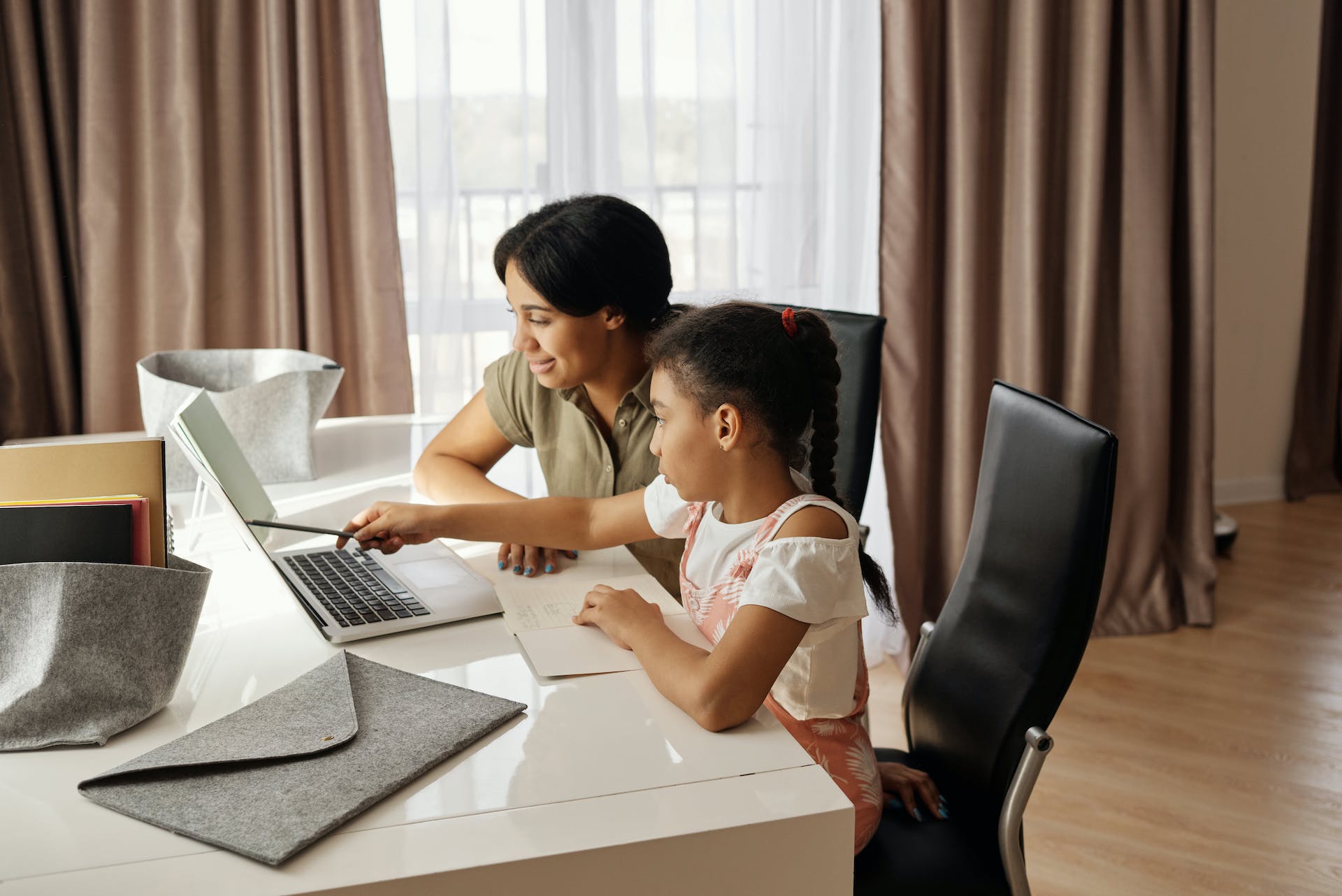News and Media

How much should parents get involved in kids’ education?
Article Source: https://www.theguardian.com/commentisfree/2023/apr/13/parents-children-attainment-school-extracurricular-activities
New research suggests extra activities and help with homework have little effect – but the question is more complicated than it at first appears
Nothing prepares you for the educational rollercoaster ride of parenthood. I’ve digested thousands of education studies and advised teachers across the world. Yet after two decades of being a dad I’m still unsure of what might be best for our children.
Like most parents, we’ve been through it all: stressful Sundays filling in the blanks of our children’s reading records; evenings spent urging them to complete their homework; paying subs for a junior football team that over several seasons never managed to win a single game.
Parents seem to be spending more time and money on education activities, endlessly ferrying their children to music lessons and sports training; frog-marching them to visits of museums and galleries; taking holidays to enrich them in different cultures and enhance their personal CVs. Yet despite mounting pressures, there is little advice to guide parents on what is important when it comes to education.
The latest research only adds to our confusion. A new study suggests that helping children with their maths or reading to them outside school has hardly any impact at all. More categorically, it finds that playing music or sports with your children does nothing for their performance at school. As with many such studies, it is answering the wrong exam question.
A parent’s own circumstances have a profound impact on children’s prospects. Children with non-graduate parents are far less likely to grow up in two-parent homes and family-owned homes than children with graduate parents. Children of the richest households, meanwhile, are twice as likely to benefit from private tutoring than children from the poorest households.
In my research, I have found that simple habits in the home can make life-defining differences. Sitting down with a book with a child each day just for 20 minutes, for example, can transform their learning. Regular routines (meal, bath, bedtime) matter, as well as making children school-ready (ensuring they get enough food and sleep to learn). If you want to help your children with their revision, then quiz them: it’s the most effective technique for remembering things.

